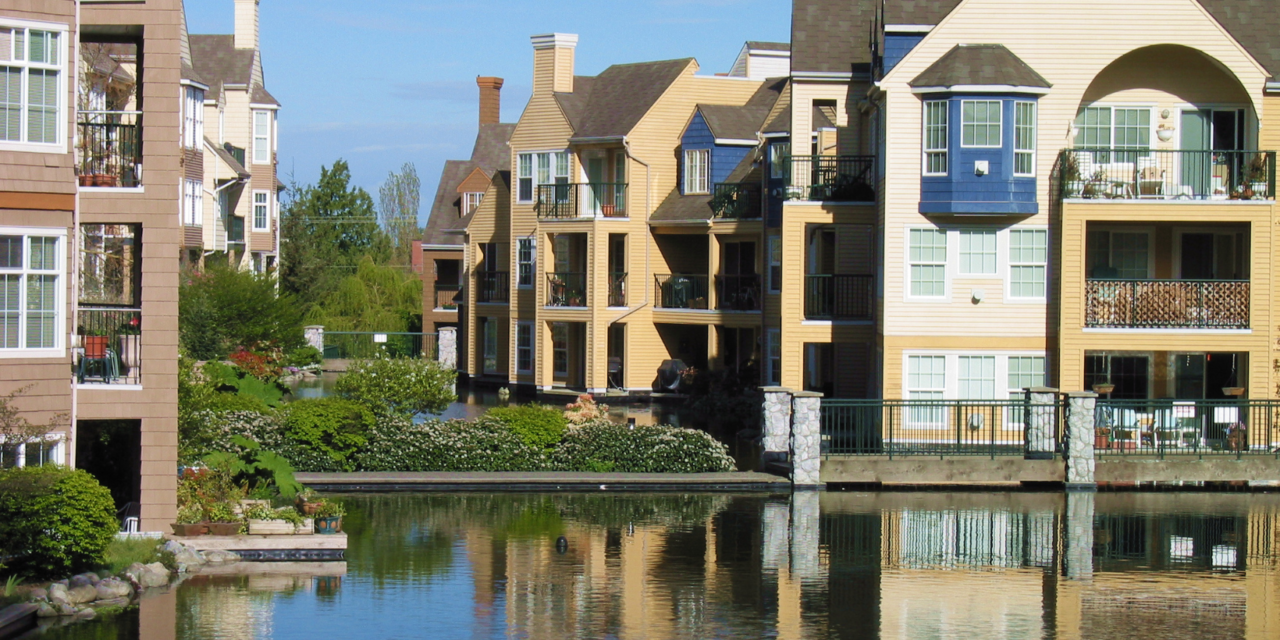Author Katrina Shanks, CEO Financial Advice NZ Article originally published in Stuff.co.nz.
The news last year that a licence to occupy an apartment in an Auckland retirement complex, The Foundation Parnell, had been sold for between $3 million and $4m would have shocked a few people as they finished their morning coffee and cornflakes.
Even the average of $2m for the development is right up there. It’s a long way from the $400,000 you can pay for units or apartments with fewer facilities, reduced care options and limited views.
But whether it’s a $400,000 or $4m apartment, the right option for you depends on what you can afford and the type of complex and facilities you want or may need. Obviously the higher the dependency or care that’s available, the higher the cost.
Retirement villages and homes are big business.
Recent statistics show there are about 48,000 people living in about 450-plus villages throughout New Zealand – about 14% of the population over 75 – and that’s expected to increase by 34,000 over the next 12 years.
So, if you’re at or past retirement age, is a retirement village for you?
Some people have a strong preference to stay in their own home, while others can’t wait to qualify (yes, there’s usually an age requirement of 70 or 75) so they can take advantage of a quiet and easy life full of organised activities and where they can meet people of a similar age.
If you can afford a retirement village, and the lifestyle is what you crave, there are lots of advantages.
But there is also a lot you need to be aware of, and that’s why the law says you can’t sign a contract to move in without taking legal advice.
Probably the most important thing to realise is it’s not a cheap option and in fact, it’s now in many instances a similar cost to buying a house, which is why it’s advisable to seek financial advice on top of the legal advice.
You also need to understand you can’t actually own your apartment in many instances – you buy what’s called a licence to occupy. And without a title you can’t make a capital gain.
It works like this: Your licence to occupy gives you legal access to live in the apartment or home and to use the facilities that come with it. The contract you sign before you move in contains details of the licence – be it unit title, cross lease, rental right, or lease for life – as well as determines the cost, what you get back on termination of the contract, and other basic rights.
Retirement homes operate what’s called a deferred management fee, or DMF. This is a cost that’s paid after a resident leaves, and is deducted from the original amount you put in. These are generally 20% or 30% of the original purchase price, and are put toward shared facilities or other village needs.
The fee you pay varies, depending on the type of retirement living you are in – living unassisted or under care. One example: on the sale of one of those apartments in Auckland, the owners will charge a 30% DMF. That means those who buy for $4m will forgo around $1m when they leave.
Another: you buy an apartment for $500,000 and it has a 20% DMF that accrues over time. If you leave after three years, your DMF has climbed to $60,000, meaning you get just $440,000 of the $500,000 – and you get no capital gain.
So that’s the biggest consideration: missing out on capital gain and forgoing investment income?
What about renting instead of going into a village? Well, retirement village living can be more expensive compared to renting depending on your complex. A retirement village gives you security that you can have occupancy for the rest of your life while if you rent your tenancy maybe be terminated by the landlord at any time.
People have many reasons for moving into a retirement village. Maybe it’s downsizing, or seeking a stress-free environment, or they’re looking for ongoing care.
If you still like the idea of a retirement village and it meets the needs of your circumstances, there are some things you need to look for and questions to ask:
- Shop around. There are different villages, different operators, lower deferred payments.
- Are they registered under Retirement Villages Act?
- If you’re buying off the plans, always go with an established operator, and negotiate the best price and the lowest monthly fee, and see if they will cover relocation costs.
- Do you get a share in the capital gains (this is rare, but it’s worth asking), and if not, are you okay with that?
- If the housing market drops, does your contract contain a capital loss clause?
- Be clear on the costs of care, and find out if subsidies are available.
- Who pays maintenance?
- Do you get a say in the sale price or process if you’re moving out, when do you get your money, and can you afford to wait for it if you have no say? Often a village will not pay what you are owed until they have sold the licence to the next occupier.
- If your spouse is under the minimum age, will he or she be able to stay there if your circumstances suddenly change?
If you’re looking into this, it’s always a good idea to talk to those in the know: The Retirement Village Residents Association, Aged Concern, or Aged Adviser and of course your lawyer.
In my family we have had a combination of the use of retirement villages and staying in your own home. Everybody has different needs and requirements the most important thing is that you have these conversations and make informed decisions about how you want to live out your retirement years.
As my financial adviser would say – ask plenty of questions, don’t do it alone – take a relative or friend with you and get advice.





